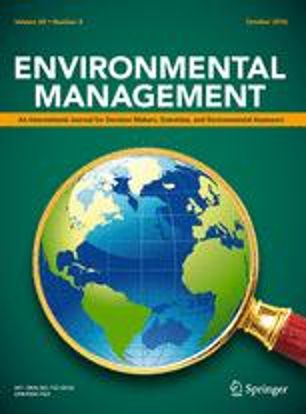These Voluntary Guidelines for forest concessions focus on concessions as a forest policy instrument for the delivery of sustainable forest management in the tropics, building on lessons learned from success and failures in implementing forest concession. The guidelines offer a practical participatory management approach to support forest concession regimes to be reliable sources of sustainable wood and non-wood forest products and contribute to realizing the full contribution of forestry to the 2030 Agenda.
Download:
Publication year
2018
Authors
Tegegne, Y.T.; Van Brusselen, J.; Cramm, M.; Linhares-Juvenal, T.; Pacheco, P.; Sabogal, C.
Language
English
Keywords
investment, finance, tenure, supply chain, law
























